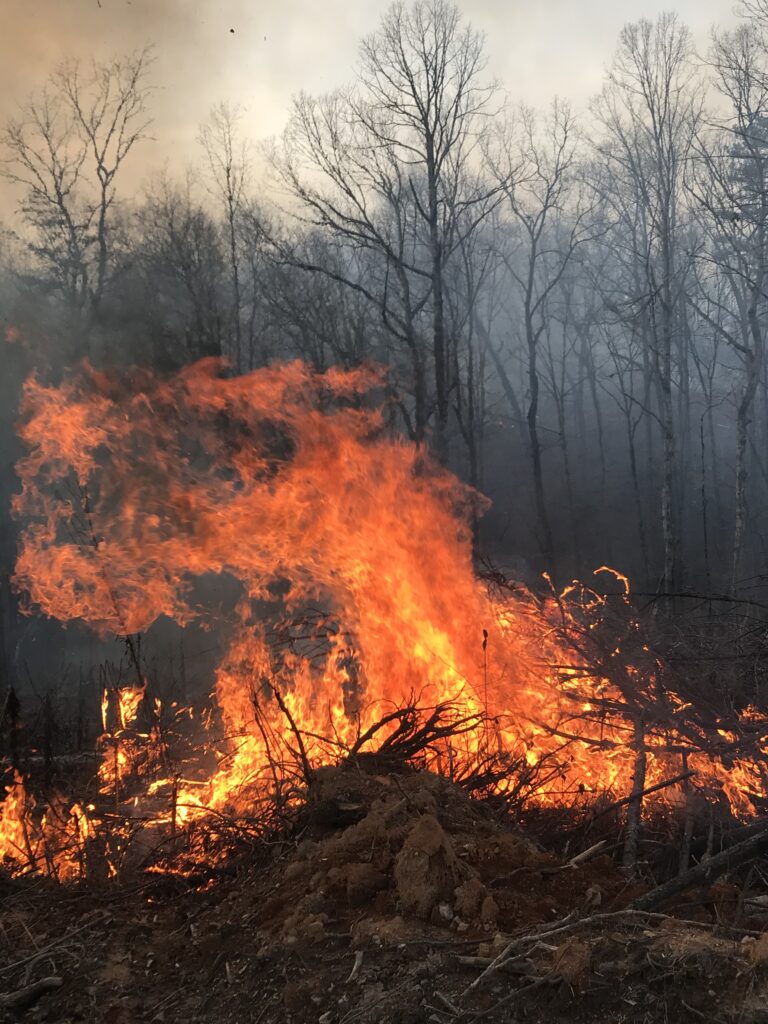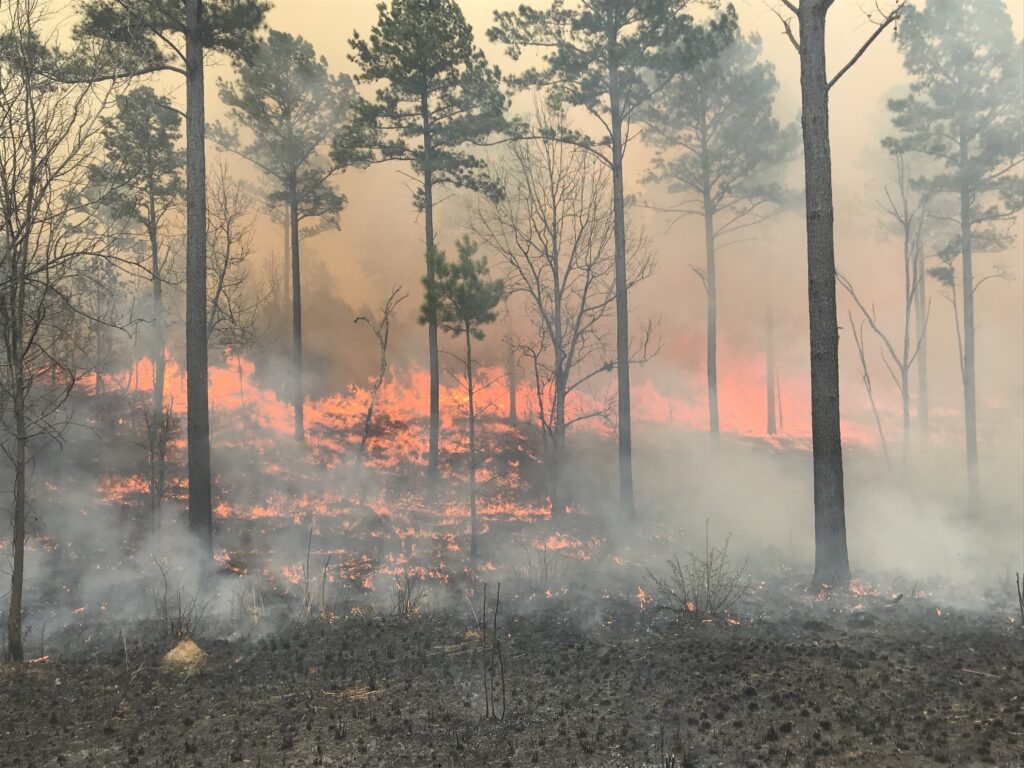A new bill has been proposed to senators in Georgia that would abolish the need for citizens to obtain a burn permit for residential debris. If adopted, Senate Bill 119 would abolish the requirement that residents are required to obtain a burn permit to burn residential debris on their property. The amendment of this bill has created controversy among the wildfire prevention community and the lasting environmental impact it could have on the atmosphere in Georgia.
“Based on the 2021 fiscal year, residential debris burns escaping was the leading cause of wildfires that the Georgia Forestry Commission (GFC) responded to in the state,” said Mark Munns, Chief Ranger of Bartow, Cherokee and North Fulton counties.
Residential debris is defined as natural debris that falls on resident’s property such as leaves, straw and tree limbs. The size of a residential debris fire must fit the parameter of a six-by-six-foot area.
“This year alone, the GFC has issued over 650,000 burn permits through either our online or telephone burn permit systems,” said Munns.
Obtaining a burn permit creates a level of accountability for the resident prior to burning. It ensures that residents are burning only on days that are safe to burn depending on the level of fire danger in the area. Not having residents obtaining permits prior to burning could lead to an increase in wildfires and smoke hazards because they are not having to contact the GFC to check these facts.
“From July 1, 2020 until this month, the GFC has had to respond and contain 292 wildfires that have resulted from residential debris burns that have escaped,” said Munns. “This is less than our past five-year average, but Georgia has had an exceptionally wet year. If this bill goes into effect, during a drought year, this number will increase significantly.”
An issue that this bill could negatively impact is air quality. A major reason for the burn permit system is to monitor the air quality of the area by allowing citizens to only burn on certain days. Smoke management is a crucial element to keeping the air quality at an acceptable level.

“The mixing height layer (layer in the atmosphere where smoke disperses) changes on a daily basis,” said Munns. “If the mixing height layer is low on a day when many people are burning then this will obstruct the smoke from dispersing, and it will spread causing possible issues for people who have asthma or other breathing problems.”
The areas that would be mostly affected by this bill are the urban interface areas, areas in which wildlands and human development meet each other. These are areas that have frequent wildfires and if no permits are being requested, then an increase in forest devastation could occur.
“In urban areas these leaf piles don’t pose a serious threat unless close to buildings,” said Munns. “But in urban-interface areas, that’s where the leaf piles tend to escape and threaten to create wildfires.”
Many people rely on the GFC’s burn permit systems to know whether or not that day is a good one for burning, so doing away with the system without having an alternative system in place will result in a possible increase in wildland fires and air pollution.
You may also like
-
UWG’s Ingram Library Hosts Pop-Up Study Spot to Help Students Prepare for Finals Week
-
UWG Offers Mental Health Support And Academic Services To Maintain Student Success During Finals Week
-
UWG Alumnus Shares His Experience Exploring the Underground Flood Channels of Las Vegas
-
Georgia Students Simulate the Struggles of Dementia
-
UWG PR Students Score a Georgia Power Tour at Atlanta Corporate Office
